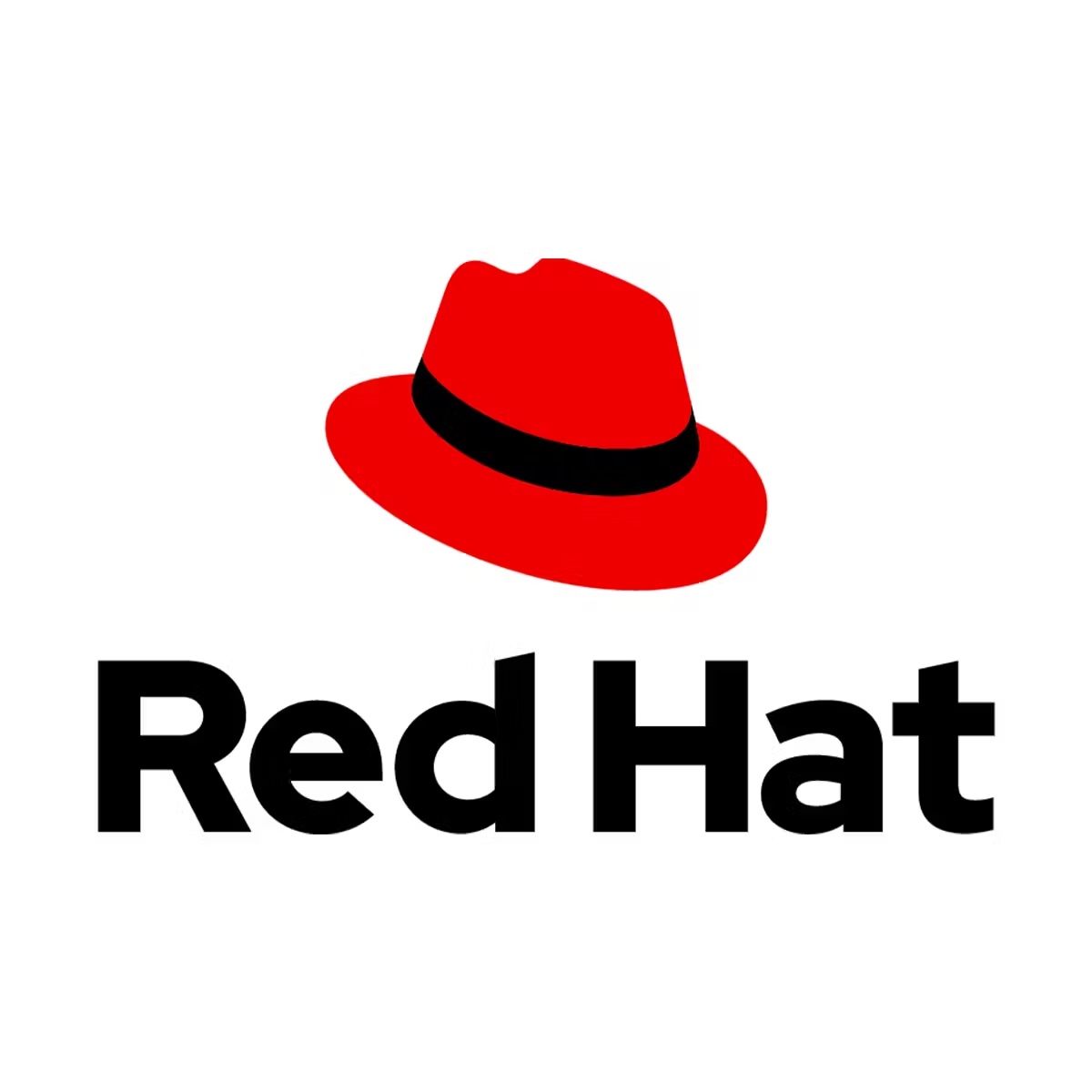Description
Red Hat System Administration I (RH124) equips you with Linux® administration “survival skills” by focusing on foundational Linux concepts and core tasks. You will learn how to apply command-line concepts and enterprise-level tools, starting you on your journey toward becoming a full-time Linux system administrator.
This course is based on Red Hat® Enterprise Linux 9.0.
Course Content
- Introduction to the command line
- Managing physical storage
- Install and configure software components and services
- Establish network connections and control firewall restrictions
- Monitor and manage running processes
- Manage and secure files and file systems
- Administer users and groups
- Review the system log files and journal for issues
- Troubleshoot problems and analyze systems with Red Hat Insights
- Remotely manage systems with SSH and the Web Console
Who should attend
This course is geared toward Windows system administrators, network administrators, and other system administrators who are interested in supplementing current skills or backstopping other team members, in addition to Linux system administrators who are responsible for these tasks:
- Configuring, installing, upgrading, and maintaining Linux systems using established standards and procedures
- Providing operational support
- Managing systems for monitoring system performance and availability
- Writing and deploying scripts for task automation and system administration
Certifications
This course is part of the following Certifications:
Red Hat Certified System Administrator
Red Hat Certified Engineer
Prerequisites
Basic technical user skills with computer applications on some operating systems are expected.
Course Objectives
Impact on the organization
This course is intended to develop the skills needed for basic administration and configuration of Red Hat Enterprise Linux. This course introduces key command line concepts and enterprise-level tools, laying the foundation for the rapid deployment of Red Hat Enterprise Linux. The curriculum also introduces the basic administration skills needed for resolving configuration issues and integrating Red Hat Enterprise Linux systems with other existing environments.
This offering lays the foundation for secure user and group administration, and develops skills that allow administrators to use available storage solutions more efficiently and securely. This course is the first of a two-part series that turns a computer professional who knows nothing about Linux into a fully capable Linux administrator.
Red Hat has created this course in a way intended to benefit our customers, but each company and infrastructure is unique, and actual results or benefits may vary.
Impact of this training
As a result of attending this course, you should be able to perform essential Linux administration tasks, including installation, establishing network connectivity, managing physical storage, and basic security administration.
You should be able to demonstrate these skills:
- Access the command line
- Manage files from command line
- Create, view, and edit text files
- Manage local users and groups
- Monitor and manage Linux processes
- Control services and daemons
- Control access to files with file system permissions
- Analyze and store log files
- Configure and secure the OpenSSH service
- Install and update software packages
- Access Linux file systems
- Manage Linux networking
Follow On Courses
Red Hat System Administration II (RH134)
Outline: Red Hat System Administration I (RH124)
Get started with Red Hat Enterprise Linux
- Describe and define open source, Linux distributions, and Red Hat Enterprise Linux.
Access the command line
- Log into a Linux system and run simple commands using the shell.
Manage files from the command line
- Copy, move, create, delete, and organize files while working from the bash shell.
Get help in Red Hat Enterprise Linux
- Resolve problems by using local help systems.
Create, view, and edit text files
- Manage text files from command output or in a text editor.
Manage local users and groups
- Create, manage, and delete local users and groups, as well as administer local password policies.
Control access to files
- Set Linux file system permissions on files and interpret the security effects of different permission settings.
Monitor and manage Linux processes
- Evaluate and control processes running on a Red Hat Enterprise Linux system.
Control services and daemons
- Control and monitor network services and system daemons using systemd.
Configure and secure SSH
- Configure secure command line service on remote systems, using OpenSSH.
Analyze and store logs
- Locate and accurately interpret logs of system events for troubleshooting purposes.
Manage networking
- Configure network interfaces and settings on Red Hat Enterprise Linux servers.
Archive and transfer files
- Archive and copy files from one system to another.
Install and update software packages
- Download, install, update, and manage software packages from Red Hat and yum package repositories.
Access Linux files systems
- Access, inspect, and use existing file systems on storage attached to a Linux server.
Analyze servers and get support
- Investigate and resolve issues in the web-based management interface, getting support from Red Hat to help solve problems.
Comprehensive review
- Review the content covered in this course by completing hands-on exercises.




